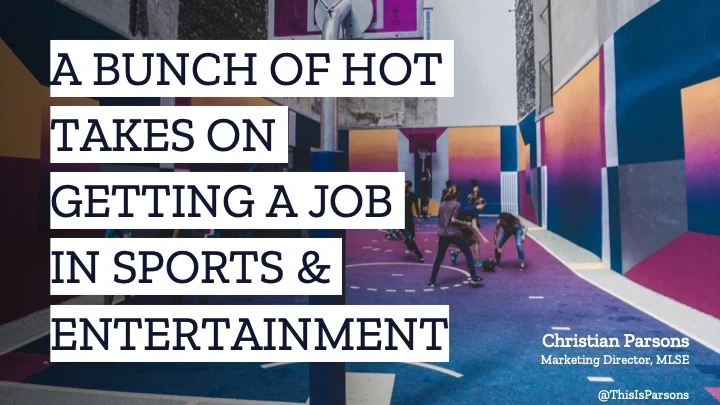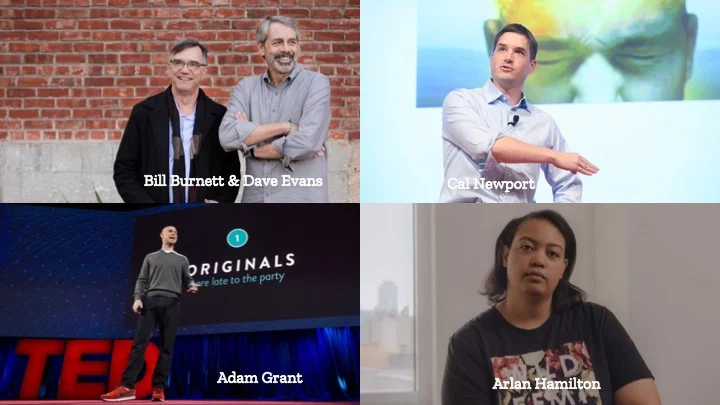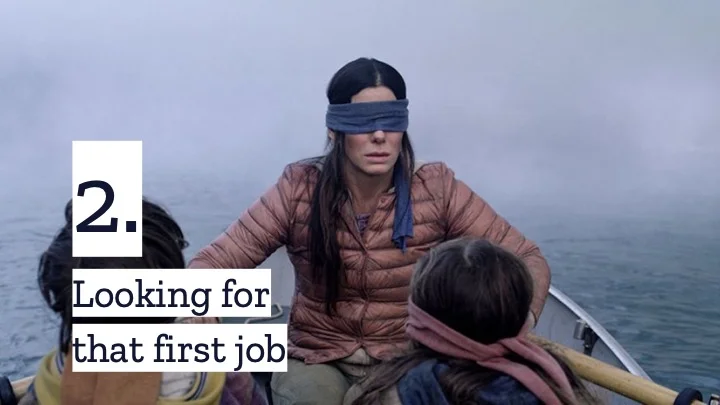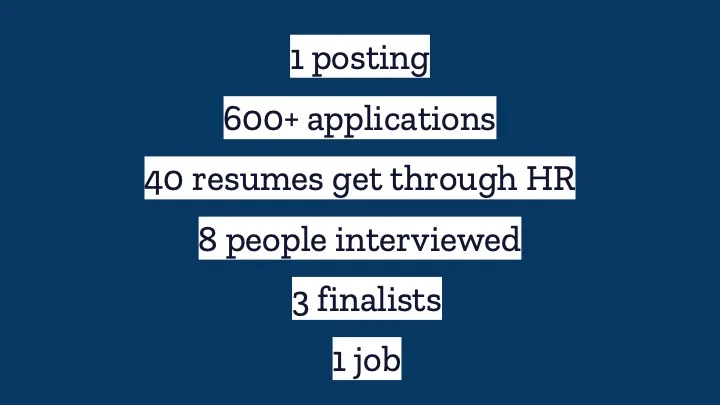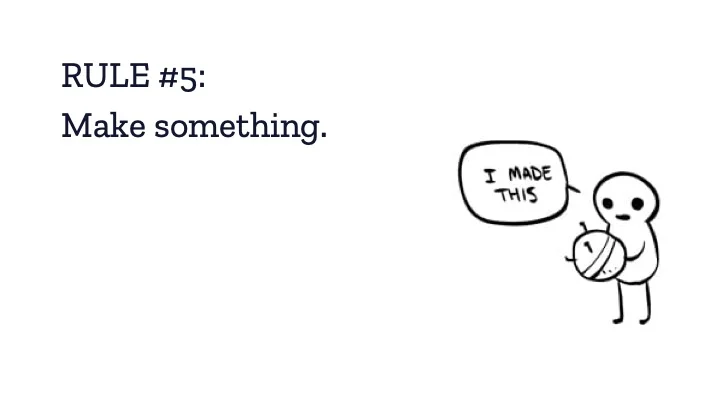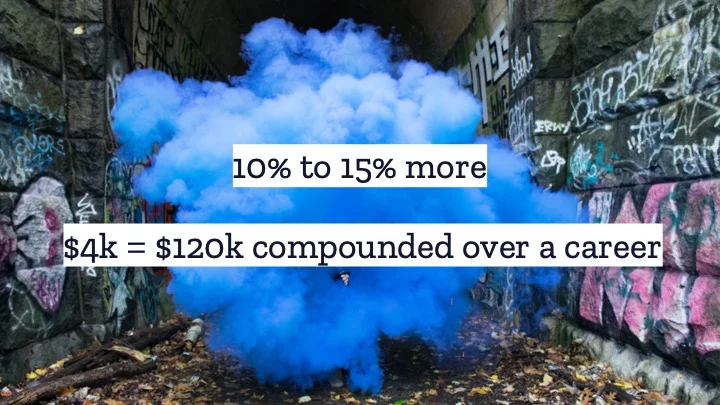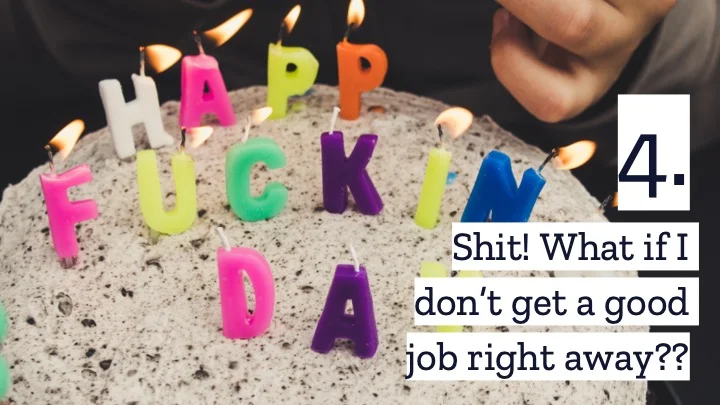There’s a story from Heather McGhee in her book “All of Us” that rips my heart out. IIt shows how spite and an effort to cling to past values makes everyone worse off.
There were public pools across America that were built as public works projects in the 1930s. Small towns would try to outdo each other with elaborate public pools and facilities. But then came a wave of racial integration legislation in the 40s and 50s. Towns could no longer deem their public pools as “whites only”. And in many towns, people said fuck that and shut down the public pool. That’s right. Some people were outraged at the thought that their families might swim with black people so they decided that no pool was better. And they filled the pool with dirt instead of water.
That’s a seriously fucked up thought process. It’s thinking about life as a zero sum endeavor. The concern that if we give access to someone else, that it takes away from you. But in reality, we all get left not being able to take a summer dip.
Life isn’t a zero sum game.
But we’re conditioned to think it is. Sports - the interwoven fabric and representation of American society - is clearly zero sum. There’s a winner and a loser. There’s a champion at the end of the season, and there’s everyone else. In basketball, football and baseball, there’s no medal for second place.
Same with politics. One candidate wins. Rarely do they bring their key competitor into the fold to collaborate on doing what’s best for everyone. Having a strong point of view matters. Compromising is seen as weakness. Helping others across the aisle does not garner as much favor with your consituents as sticking to your guns. Changing your mind in the face of new information is seen as flip flopping.
But life is more than a 48 minute game. There are no referees making calls. There is no instant replay. And life is long.
Being a ruthless taker is short term thinking.
The person who takes the whole pie for themselves might win the short game. The 100 meter race. But the longer the game, the greater the chance there is for a bad reputation to catch up to them. For people to be reluctant to sit down at the table with them. For that “feed me the rock” / hero-ball mentality to fail. For those that have invested in building generous communities of support to lap them.
Be a giver. Not someone who slams four Red Bulls before 9AM, smokes at the poker table and focuses solely on building their own realm of influence.
Be the rising tide. Be a coach. Help people out. Take the time to help them improve their skillset instead of just squeezing all the value you can out of them. Invest in making the pie bigger for everyone before taking a slice.
Takers win in the short term. Givers win in the long term.
Because the game of life stretches decades. Your reputation persists for years and years. If you’re known as a ruthless taker, people will know. Especially in a world where it’s so easy to go on LinkedIn and check with non-listed references.
And the research backs it up. Adam Grant shares in his book “Give and Take” that it’s the givers that succeed the most in the long term.
Don’t be ashamed of being a giver.
So why do most people shy away from helping out? Pitching in when they know it would be helpful? Investing their effort to solve problems that could benefit their whole community? Honestly, it’s because most workplaces set themselves up as zero sum. There’s only one spot for that promotion. There’s only one winner of the monthly sales contest. There’s no incentive to help each other out.
And let’s say you are someone who holds office hours for new graduates … guess what? You’re viewed as wasting time on other people’s work rather than your own. You’re viewed as “too nice” to be a senior manager. Or maybe you’ve been conditioned to downplay your contributions to others.
But that’s bullshit. Be proud of your generosity. Be proud of the people you’ve impacted. Be proud of the systems you’ve changed and the communities you’ve built.
A rising tide lifts all boats.
It’s possible to take actions that make your life better as well as everyone else around you. It’s not about impacting equally. It’s about impacting everyone. Did Wal-Mart make Sam Walton a billionaire? Absolutely. But Wal-Mart also allows US households to save more than $2,500 a year. Each. Sure Sam Walton is better off, but so are we! Let’s appreciate a better life.
Giving is rewarding
First off, giving feels awesome. Because you’ll see results that are bigger than yourself. And the performers at the tippy top of organizations - the ones that are the most productive, have best sales and are most profitable over the long term - are typically givers. Why? Because people trust them. Because people are rooting for them to succeed. And that causes people to help them out.
Focus on making a difference in the lives of others and success will follow. Be the rising tide.
- Christian



